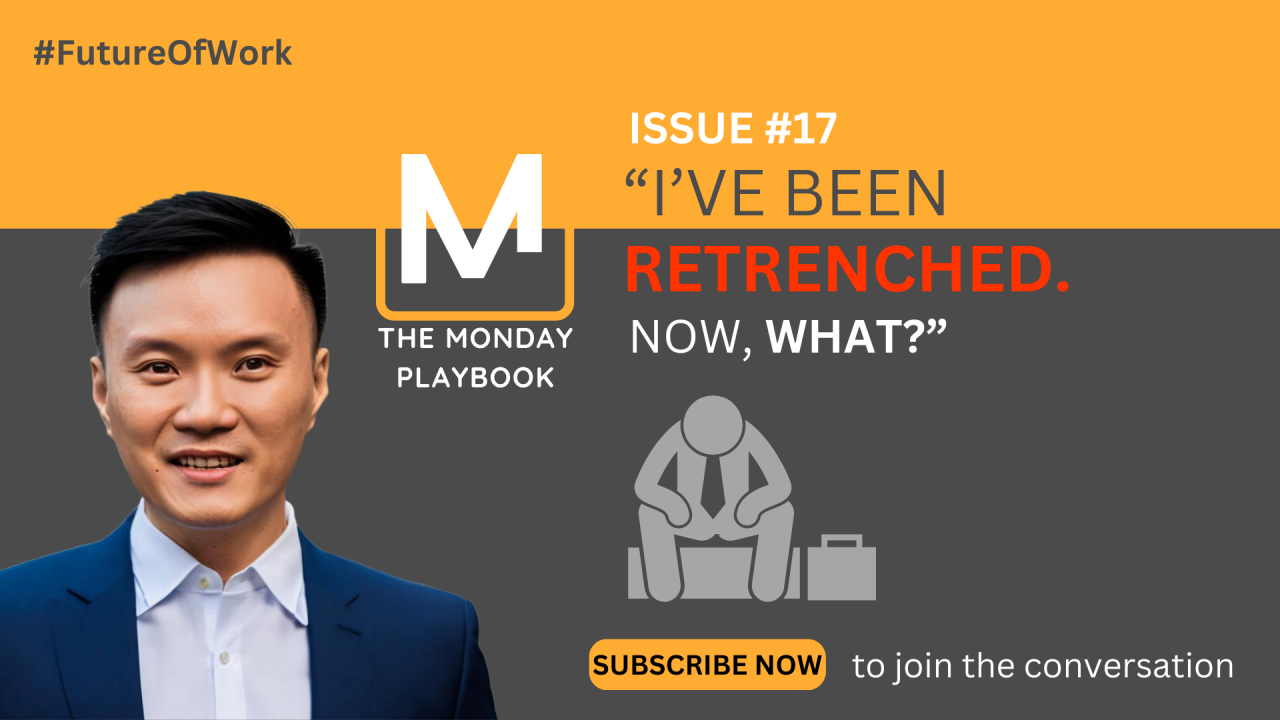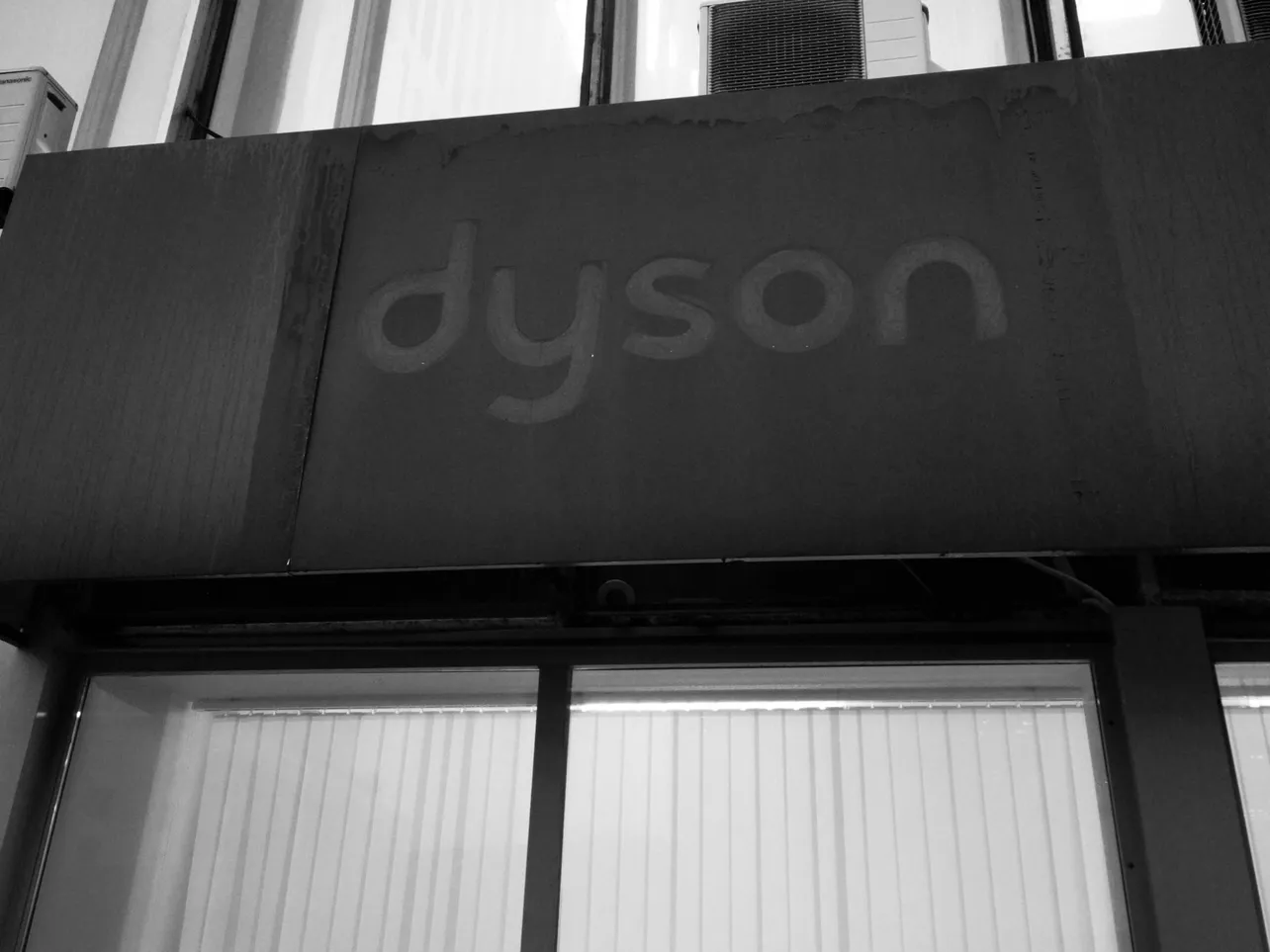Is it just me or did the HR world just take a turn as surprising as surprising as me doing some cardio, intentionally. Dyson, the famed British technology company best known for its making vacuums desirable, dropped a bombshell this week, announcing surprise layoffs at their Singapore operations after recently saying it wouldn’t. Yet, when the dust settled, it wasn’t HR steering the ship—it was Finance, in the shape of Jevon Yang, a finance professional, not an HR leader, who publicly stepped up to address the fallout. So, what exactly is happening at Dyson, and more importantly, what does this say about the role of HR in turbulent times?
Jevon Yang: The Finance Hero of the Day?
On LinkedIn, Jevon Yang, who works in finance at Dyson, shared a poignant post about the layoffs, emphasizing the human side of this unfortunate event. Yang's candid reflection on letting good people go, as well as his genuine support for affected colleagues, took many by surprise and quickly went viral. Not because it was unusual for an employee to express empathy, but because it wasn’t HR making the public statement. Instead, it was a finance guy offering his assistance, helping to "connect talent to opportunities."
Momentum isn’t always progress, especially when you always end up back where you started.
Fathom helps you escape the loop. With insight, not intuition.
His post, which quickly gained traction, wasn’t the typical “thoughts and prayers” corporate lip service. Instead, Yang did something rare: he stepped in with a concrete offer of support. He offered to help displaced employees, not only as a financial professional but as someone genuinely looking out for their future. It was a rallying cry for a new kind of leadership—one that transcends department labels.

Where Was HR?
This raises a provocative question: where exactly was HR? Isn’t it their job to be the face of empathy and support during layoffs? From the start of the saga until now, the silence from Dyson’s HR team has been almost deafening, which makes us wonder: is HR losing its seat at the table when it comes to managing the fallout from layoffs? Or are we seeing a new trend where finance, often perceived as the cold, calculating side of business, is picking up the slack?
Yang’s post wasn’t just a one-off cry of concern; it feels more like a reflection of the growing disconnect between HR’s traditional roles and the evolving needs of today’s workforce. In a time when HR should be the first line of defense in employee well-being, it appears finance (in this case, at least) is taking over as the unexpected champion.
When Finance Becomes the HR Wingman
It’s not that HR is entirely absent, but in cases like this, it seems they’re letting finance take the wheel—perhaps unintentionally. Traditionally, HR has been about managing talent, engagement, and yes, layoffs. However, as companies like Dyson face the complexities of global operations and economic pressures, it feels increasingly like HR is being sidelined by departments that deal more directly with the bottom line.
Helping HR, talent acquisition, employer branding, and company culture professionals find careers worth smiling about.
Do Jevon Yang’s actions reveal a broader shift in how companies approach layoffs? No longer is it just about legalities and severance packages. Now, it’s about who’s stepping in to offer real help when the corporate machine cuts jobs. Yang’s proactive stance, offering personal connections and job-hunting support, contrasts sharply with the impersonal HR emails or exit interviews that most leaving Dyson reported experiencing.
HR’s New Competitor: Finance?
In the wake of this, it's not just Dyson we should be looking at, but the broader trend. Are we witnessing the rise of finance professionals as the new guardians of employee welfare during layoffs? After all, finance teams understand the numbers driving layoffs, but as Yang demonstrated, they’re also starting to understand the human cost behind those numbers.
This begs the question: if finance can manage the layoffs and also take care of the people, is HR still as relevant in times of crisis, or are they being relegated to the background as the “administrative cleanup crew”?
The Final Swipe
The real irony here is that the finance department—the group typically seen as ruthlessly cutting costs—now appears to be leading the charge in empathy, support, and career guidance. Meanwhile, HR, whose very existence is predicated on managing people, is curiously missing from the conversation.
Maybe this resonated with me more than most. Having been retrenched myself when my long-term employer decided to leave Asia, it was our CFO, not our CEO or CHRO, who provided the most human and empathetic support. Our HR at the time, although not totally absent, did not endear themselves beyond coldhearted and transactional administration.
I believe that Jevon Yang’s LinkedIn post represents more than just an isolated act of kindness; it’s a wake-up call for HR departments everywhere. When finance starts doing HR’s job—on the side, no less—it might be time for HR to take a long, hard look in the mirror.
Takeaways for HR Professionals:
- Step Up or Step Aside: If HR wants to stay relevant during tough times, they need to be visible and proactive, not hiding behind official statements or policies.
- Cross-Department Collaboration: The line between finance and HR is blurring. It’s time for HR to embrace this shift and collaborate more closely with finance, particularly during layoffs.
- Show, Don’t Tell: Offering “thoughts and prayers” isn’t enough. HR needs to offer real, actionable support for laid-off employees, just like Yang did.
It’s clear: if finance can be the hero, what’s stopping HR?
Jevon has also followed up his post with this article that's well worth a read:









